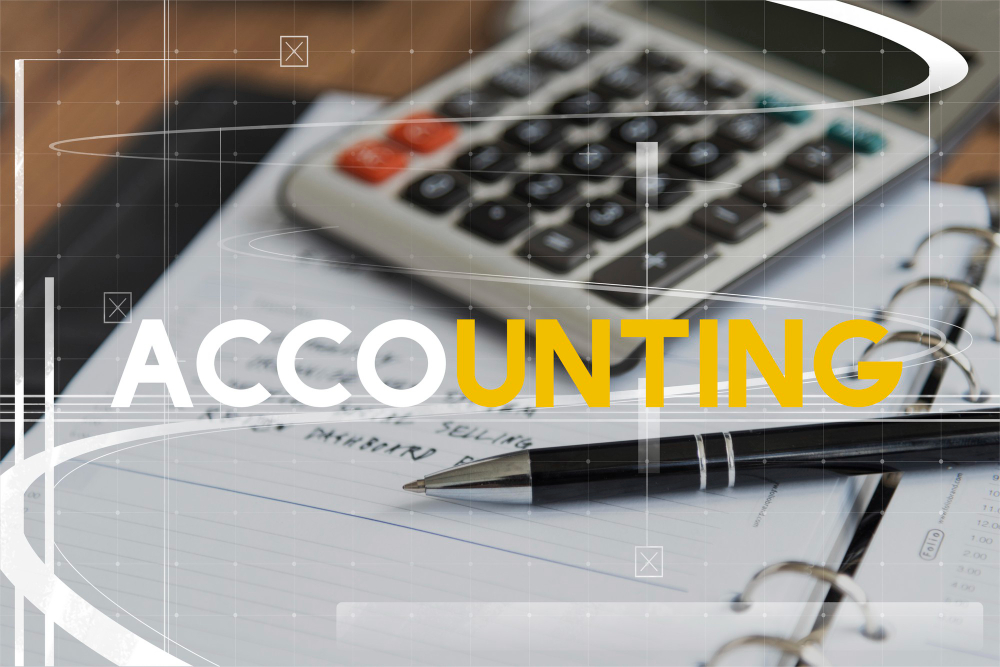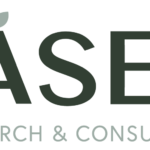In today’s fast-paced business environment, the role of accounting software has become increasingly crucial. Gone are the days of manual bookkeeping and spreadsheets; businesses now rely on sophisticated software solutions to manage their financial operations efficiently. In this article, we’ll explore the significance of accounting software, its various types, key features to consider, popular options in the market, selection criteria, implementation strategies, common challenges, and tips for maximizing its benefits.
Introduction to Accounting Software
Accounting software is a computer program or suite of applications designed to automate, streamline, and manage financial tasks such as invoicing, billing, payroll, and expense tracking. It provides businesses with accurate and up-to-date financial information, enabling them to make informed decisions and maintain regulatory compliance.
Importance of Accounting Software for Businesses
Streamlining Financial Processes
One of the primary benefits of accounting software is its ability to streamline financial processes. By automating repetitive tasks such as data entry and reconciliation, it saves time and reduces the risk of errors.
Enhancing Accuracy
Accuracy is paramount in accounting, and software eliminates the human error associated with manual calculations. With real-time updates and automatic syncing of data, businesses can ensure the integrity of their financial records.
Improving Decision Making
Timely access to financial information empowers businesses to make informed decisions. Accounting software provides insights into cash flow, profitability, and other key metrics, enabling managers to allocate resources effectively and identify areas for improvement.
Types of Accounting Software
There are several types of accounting software available, each catering to different business needs and preferences.
Cloud-Based Accounting Software
Cloud-based accounting software is hosted on remote servers and accessed through the internet. It offers flexibility, scalability, and accessibility, making it ideal for small and medium-sized businesses (SMBs) and startups.
On-Premises Accounting Software
On-premises accounting software is installed and maintained on local servers within the organization’s premises. While it offers greater control and customization options, it requires upfront investment in hardware and IT infrastructure.
Hybrid Accounting Software
Hybrid accounting software combines the benefits of cloud-based and on-premises solutions. It allows businesses to store sensitive data locally while leveraging cloud functionality for remote access and collaboration.
Features to Look for in Accounting Software
When choosing accounting software, it’s essential to consider the features that align with your business requirements.
Invoicing
Efficient invoicing features enable businesses to create, send, and track invoices seamlessly. Look for customizable templates, automated reminders, and integration with payment gateways.
Expense Tracking
Expense tracking capabilities help businesses monitor and categorize expenses, enabling better budgeting and expense management. Features like receipt scanning and bank reconciliation can further streamline the process.
Financial Reporting
Comprehensive financial reporting tools provide businesses with insights into their financial performance. Look for customizable reports, real-time dashboards, and forecasting capabilities.
Inventory Management
For businesses dealing with inventory, robust inventory management features are essential. Look for features like stock tracking, reorder alerts, and integration with e-commerce platforms.
Scalability
As your business grows, your accounting software should be able to scale with you. Look for solutions that offer flexible pricing plans and the ability to add or remove users and features as needed.
Popular Accounting Software Options
Several accounting software options cater to businesses of all sizes and industries. Some of the most popular ones include:
- QuickBooks
- Xero
- FreshBooks
- Wave Accounting
Each of these platforms offers a unique set of features, pricing plans, and integrations, so it’s essential to evaluate them based on your specific requirements.
How to Choose the Right Accounting Software for Your Business
Selecting the right accountings software requires careful consideration of various factors.
Assessing Business Needs
Start by assessing your business needs, including the size of your business, industry requirements, and specific accountings tasks you need to perform.
Budget Considerations
Consider your budget constraints and evaluate the total cost of ownership, including subscription fees, implementation costs, and ongoing support expenses.
Integration with Existing Systems
Ensure that the accountings software integrates seamlessly with your existing systems and software applications to avoid compatibility issues and data silos.
Onboarding Process
Engage with the vendor to develop an onboarding plan tailored to your business needs, including data migration, software configuration, and user training.
Training Resources
Take advantage of training resources provided by the vendor, such as tutorials, webinars, and user guides, to ensure that your team is proficient in using the software.
Security Concerns
Data security is a major concern, especially when dealing with sensitive financial information. Implement robust security measures to protect your data from unauthorized access and cyber threats.
Technical Issues
Technical issues such as software glitches and system crashes can disrupt your operations. Ensure that you have access to timely support and troubleshooting resources to address any issues promptly.
User Adoption
Resistance to change and lack of user training can hinder the adoption of accountings software. Invest in comprehensive training programs and encourage feedback from users to address any usability issues.
Tips for Maximizing the Benefits of Accounting Software
To get the most out of your accountings software, follow these tips:
Regular Updates and Maintenance
Stay up to date with software updates and patches to ensure optimal performance and security.
Data Backup and Security Measures
Implement regular data backups and robust security measures to protect your financial information from loss or theft.
Utilizing Support Resources
Take advantage of vendor support resources and online communities to troubleshoot issues and learn best practices for using the software effectively.
Conclusion
Accounting software plays a pivotal role in modern businesses, enabling them to streamline financial processes, enhance accuracy, and make informed decisions. By choosing the right software, implementing it effectively, and addressing common challenges, businesses can maximize the benefits and achieve long-term success.
FAQs
Is accounting software suitable for all types of businesses?
Accounting software is suitable for businesses of all sizes and industries, from freelancers and startups to large corporations.
Can accounting software replace the need for an accountant?
While accountings software can automate many tasks, it’s still advisable to seek professional accountings advice for complex financial matters and regulatory compliance.
What are the key considerations when selecting accounting software?
Key considerations include business size, budget, required features, scalability, and integration capabilities.
How often should I update my accounting software?
It’s recommended to update your accountings software regularly to ensure optimal performance, security, and access to new features.
What should I do if I encounter technical issues with my accounting software?
If you encounter technical issues, reach out to the vendor’s support team for assistance. They can provide troubleshooting guidance and solutions to resolve the issue.







